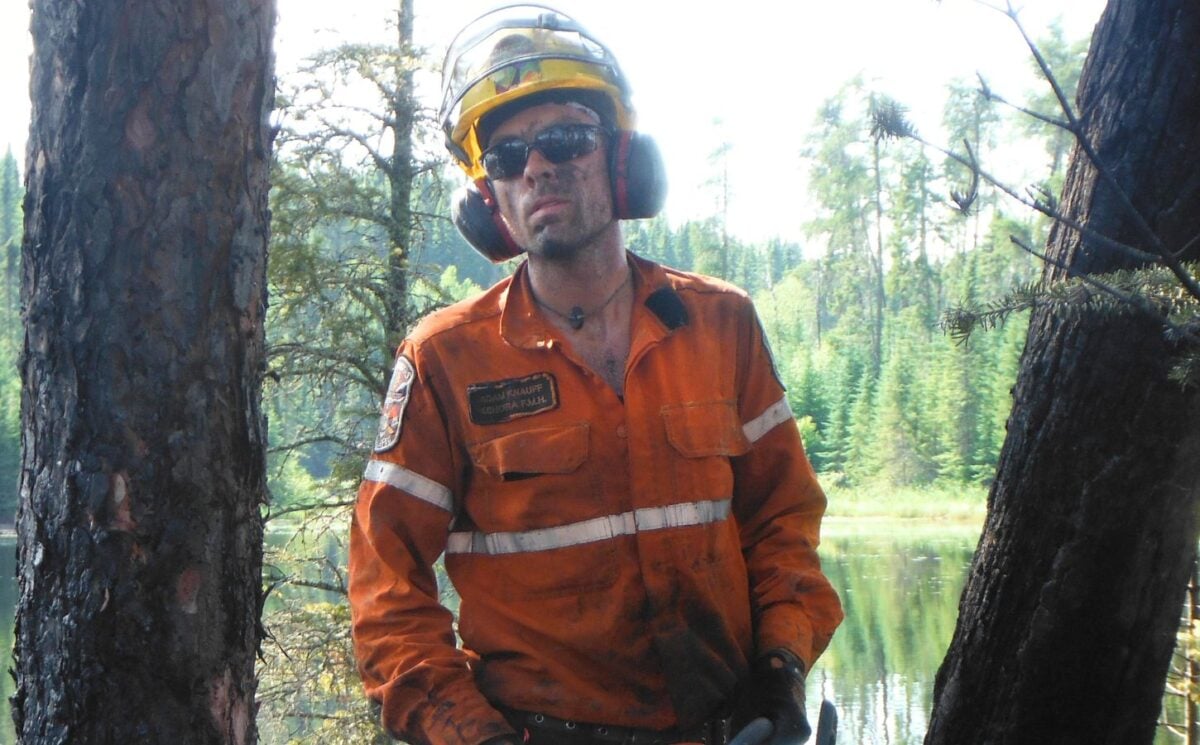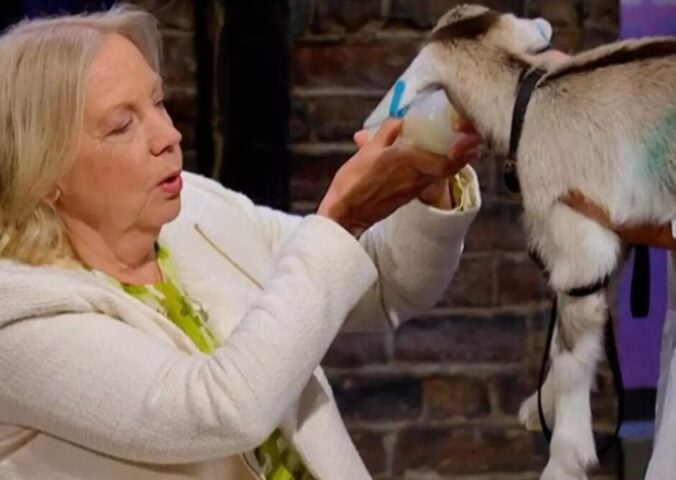A vegan firefighter who was denied appropriate food while tackling wildfires in Canada has lost his legal bid to protect ethical vegans from discrimination.
The Human Rights Tribunal of Ontario made the “surprising and troubling decision” to rule against Adam Knauff. Knauff argued that ethical veganism counts as a non-religious “creed” – a set of beliefs protected under the Ontario Human Rights Code.
The Tribunal agreed that a creed could be a non-religious belief system. But it decided that ethical veganism didn’t satisfy all the criteria for what constitutes a creed. Knauff and his lawyers will seek review of the decision.
“This case is important, not just for ethical vegans, but for the ground of creed and the protections that will be afforded to other, important belief systems that are not directly connected to religion,” Wade Poziomka, Knauff’s lawyer, said in a statement.
Discriminatory treatment
Knauff, a veteran of Ontario’s provincial forest firefighting force, has been vegan for over 25 years. In 2017, he was working long hours in tough conditions fighting wildfires in British Columbia. According to non-profit Animal Justice, which campaigns for stronger animal laws, Knauff’s employer failed to provide appropriate vegan meals for him at the basecamp where he was stationed.
He was often served meals containing animal products, or nutritionally inadequate meals containing no source of protein. Sometimes no food was provided for him at all.
Despite repeated attempts to work with management to improve the situation, nothing changed.
After Knauff was disciplined and suspended without pay after expressing his frustration, he sued his employer.
A nonsensical decision
Tribunal adjudicator Karen Dawson said that ethical veganism satisfied the first two criteria of a creed. These are that it is “sincerely, freely and deeply held” and is “integrally linked to a person’s identity, self-definition and fulfilment.”
But she decided the evidence presented by Knauff’s team didn’t meet the third criterion. It “failed to demonstrate how ethical veganism addresses the existence or non-existence of another order of existence and/or a Creator,” she said.
Rejecting Knauff’s case on these grounds “makes no sense,” Camille Labchuk, executive director of Animal Justice, told Plant Based News (PBN).
“The criterion doesn’t require a deity or higher order,” she explained. “It merely says ethical veganism should address whether a Creator or higher order does exist.” She said it does this “by not having a deity,” the same as religious belief systems like Buddhism.
Dawson’s decision “seems to imply that a Creator is required but this simply can’t be the case,” said Labchuk, “otherwise non-religious belief systems would require a deity but religious ones would not, which makes no sense.”
The decision is also unexpected because Canada’s human rights laws protect vegans from discrimination for reasons other than for the sake of animals. “A person who was vegan because of a meat an dairy allergy would be covered,” said Labchuk. So would someone “who is vegan for religious reasons” such as being Buddhist or Hare Krishna.
Anti-vegan discrimination
Animal Justice regularly has vegans asking for help because they have been discriminated against. Labchuk said recent cases include a hospital failing to provide appropriate food to a patient and a daycare that wouldn’t accommodate a vegan child. This was in spite of the daycare willingly accommodating allergies and religious dietary requirements.
But Labchuk believes things are improving for vegans. This is partly the result of the creed policy of the Ontario Human Rights Commission and Knauff’s case, which made global headlines.
“There are many, many blogs from employment lawyers advising clients that even though it was still an open question whether vegans are included under creed, that they should respect the belief systems of vegans and ensure they are accommodated,” said Labchuk. “So despite this loss, I think Adam’s case has already had an impact.”
Laws protecting vegans

In 2020, a UK tribunal ruled that ethical veganism was a protected belief under the Equality Act 2010. The judge in the case said that ethical veganism was “important” and “worthy” of respect in a democratic society.
One of the Articles of the European Convention on Human Rights is applicable to vegans. Article 9 states that everyone has the right to live according to their own ethical convictions free from interference.
In Canada, ethical vegans are protected from discrimination under the freedom of conscience provision in the Canadian Charter of Rights and Freedoms. But it only applies to government actions, such as feeding incarcerated people appropriately. Provinces such as Ontario have their own human rights codes that cover employment and other non-governmental contexts.





